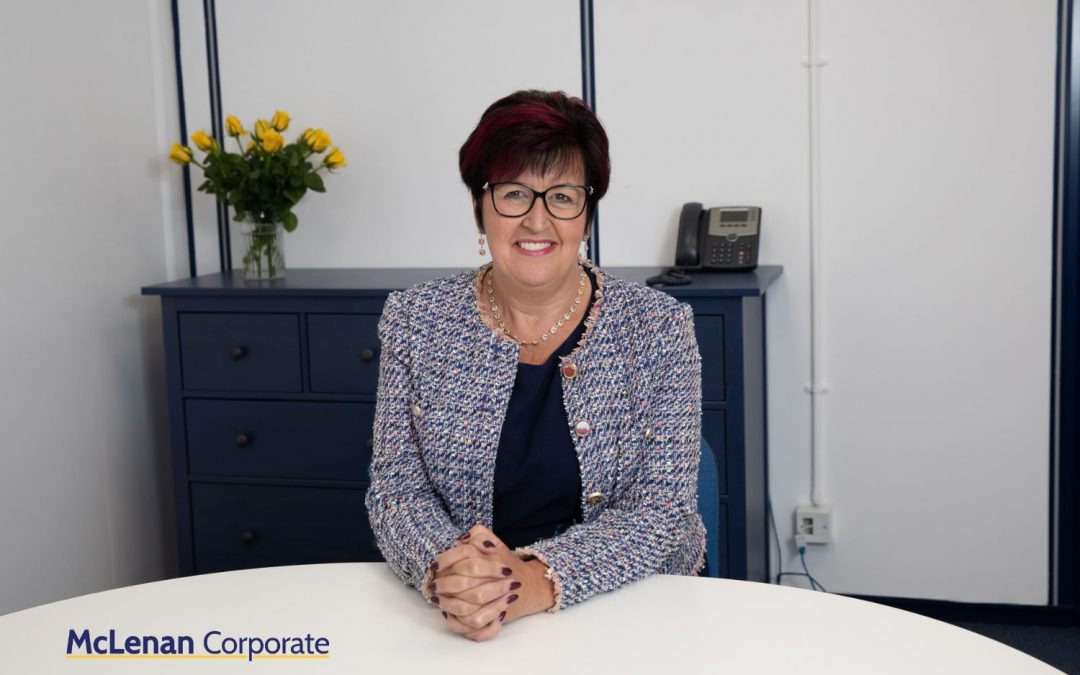What is an insolvency practitioner?
An insolvency practitioner (IP) is a highly experienced professional licensed to offer insolvency services to those businesses that may be seeking help to manage their financial difficulties, facing an insolvency process or looking to voluntarily wind up their limited company. An IP will work alongside companies, partnerships or individuals that are insolvent or facing insolvency in an effort to improve financial well being.
What does an insolvency practitioner do?
An IP may be formally appointed in a variety of roles depending on the particular circumstances of the business. This could be in the role of provisional or interim liquidator or liquidator if the company needs to be wound up, or as an administrator, or nominee and supervisor in a CVA (Company Voluntary Arrangement) where there is a chance that all or part of the business can be rescued or informally as an adviser to the company in an attempt to secure an operational turnaround or a financial restructuring.
Who appoints an insolvency practitioner?
There are several ways an IP can be engaged in the insolvency process – they can be appointed by the company, the directors or any creditor or creditors, any contributory or contributories or the Court. For more details on this see our blog, ‘How do I appoint an insolvency practitioner’.
What is an insolvency practitioner’s role in the insolvency process?
If a business is viable an IP has the right knowledge and experience to help stabilise trading and try to help the business recover thus preventing the company from closure and liquidation. However if this proves unachievable and insolvency is inevitable, both the directors and the IP’s duty of care shifts from maximising returns to the shareholders to ensuring there is no detriment to the creditors.
Prior to entering an insolvency process, an IP will explore all the options available to the Company and recommend the best course of action. They are well placed to negotiate with creditors, including HMRC, and work as an intermediary in all proceedings, providing a professional service which often instils confidence in all stakeholders. Control and decision making remains with the directors at this time.
If it should come to liquidation, an IP’s role is to realise the company’s assets, for the benefit of the general body of creditors, and funds realised will be distributed in line with legislation.
In the case of a voluntary liquidation an insolvency practitioner will work closely with the directors to ensure that they meet their legal obligations in placing the company into liquidation
How we can help you
At McLenan Corporate, we have over 30 years’ experience in supporting businesses through the insolvency process. If your business is viable our priority will be to help restore its financial health & wellbeing, allowing it to survive and thrive. We offer a free, no obligation review of your circumstances allowing you to make an informed decision about the future.
You can contact our licensed insolvency practitioner Margo McLenan, with confidence today on 07876 790 563 or email margo@mclenancorporate.com
It is so important to take action and not isolate yourself in worry about your business debt. The earlier we can be involved, the more options there will be for your business.

